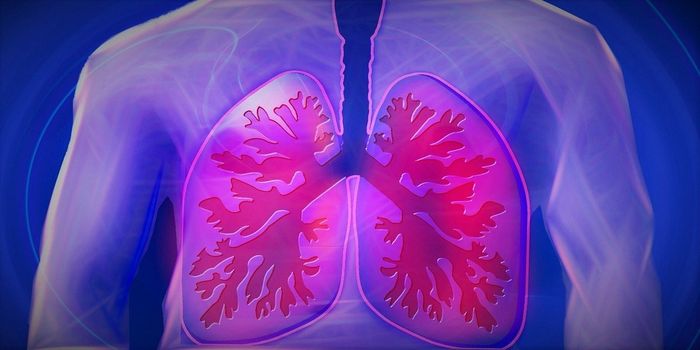Researchers Create a Sustainable Plastic From Seaweed-eating Microbes
Plastic is a major pollutant that is contaminating our waterways and oceans. Researchers at Tel Aviv University have now found a way to create bioplastic polymers from microbes that eat seaweed. Producing this material doesn’t require fresh water, doesn't produce any toxins and the material is recyclable. The researchers reported their work in Bioresource Technology.
"Plastics take hundreds of years to decay. So bottles, packaging and bags create plastic 'continents' in the oceans, endanger animals and pollute the environment," said Dr. Alexander Golberg of TAU's Porter School of Environmental and Earth Sciences. "Plastic is also produced from petroleum products, which has an industrial process that releases chemical contaminants as a byproduct.
"A partial solution to the plastic epidemic is bioplastics, which don't use petroleum and degrade quickly. But bioplastics also have an environmental price: To grow the plants or the bacteria to make the plastic requires fertile soil and fresh water, which many countries, including Israel, don't have. Our new process produces 'plastic' from marine microorganisms that completely recycle into organic waste."
Sources: AAAS/Eurekalert! Via American Friends of Tel Aviv University, Bioresource Technology








